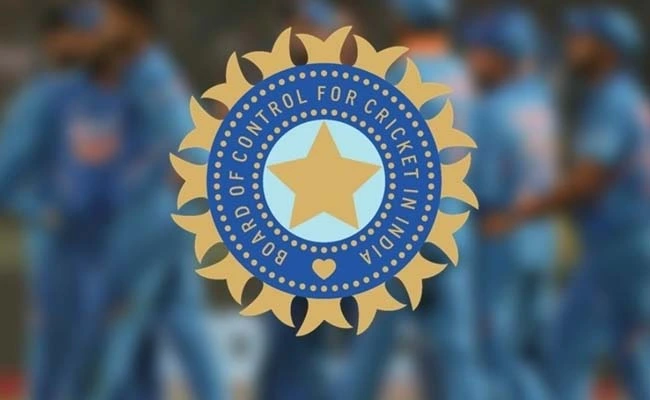
Cricket

The Board of Control for Cricket in India (BCCI), one of the wealthiest sports boards globally, generates billions of rupees every year through sources like the IPL and television broadcasting rights. Despite its financial success, there has been a lack of meaningful investment in the development of cricket, and the situation within the board has become more political and chaotic over time.
BCCI's dominance in global cricket has been fueled by political influence. During the UPA regime, figures like Sharad Pawar controlled the board, with several political leaders maintaining their dominance at the state and national level, creating a system where power was consolidated among their followers. This led to significant corruption within the board, prompting the involvement of the Supreme Court, which imposed regulations to improve governance, such as the Lodha Committee reforms. For a time, there was hope for better transparency, but these reforms have now been sidelined.
Currently, there is little clarity about who is making key decisions in the BCCI. While the name of Jay Shah, the current Secretary of the BCCI, frequently comes up, there is a perception that he has wielded influence beyond his official role. Despite the focus on cleaning up the board's functioning, there is no clear governance structure in place, and the reforms introduced by the Lodha Committee have been discarded.
The most pressing concern now is BCCI's failure to select a competent team, particularly in terms of bowlers. With Jasprit Bumrah as one of the few reliable bowlers, India is facing a dire situation, as other key players like Mohammad Shami have been sidelined due to injuries. The BCCI has struggled to find consistent and dependable bowlers across all formats, including pacers and spinners. The issue is not limited to bowling; even in batting, there is uncertainty over whether veterans like Rohit Sharma and Virat Kohli should remain in the team. The board has constantly flip-flopped on their inclusion, and despite the need to groom new talent, there are no clear replacements ready to step up.
This lack of long-term planning in team selection highlights a bigger issue within the BCCI – the absence of strategic thinking. The board often takes decisions based on immediate needs rather than preparing for the future. For example, despite the team's poor performance in the recent Test series, where India was swept by New Zealand at home, the BCCI's response has been lackluster.
In conclusion, the BCCI's failure to build a stable, long-term cricketing strategy and its continued involvement in politics has left the organization in a state of disarray. Despite its wealth, the board’s lack of vision and poor team management is now a major talking point, and fans are left to question the future of Indian cricket under its current leadership.
Advertisment